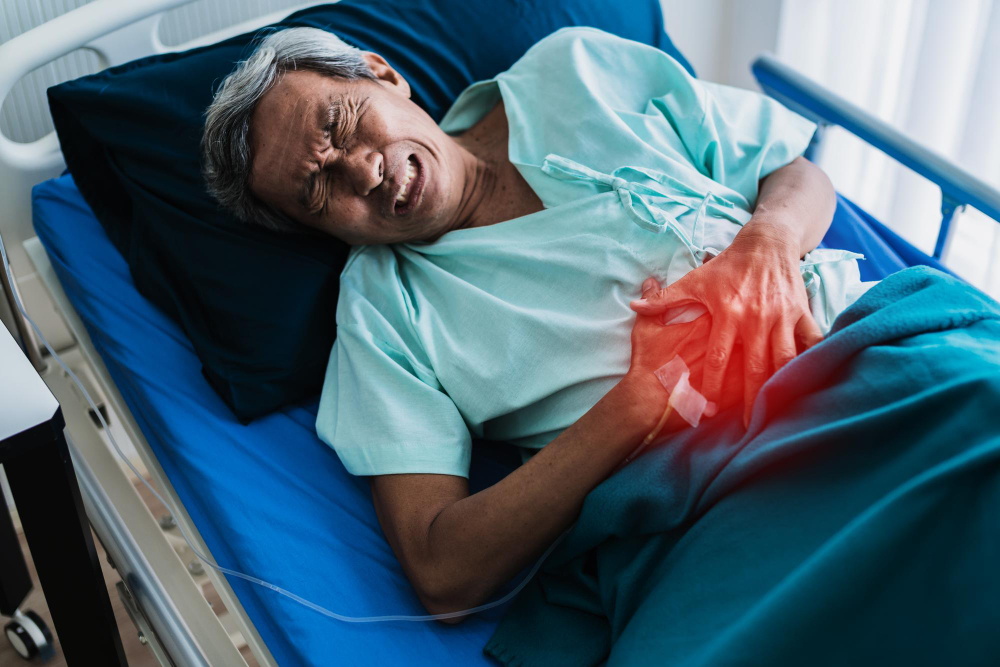La prevención del cáncer de estómago se basa principalmente en tomar medidas que reduzcan las probabilidades de padecer cáncer. Después de años de análisis, los científicos han determinado cuáles son los principales factores de riesgo (aquellos que incrementan estas probabilidades); así como también, cuáles son los factores de protección que colaboran en la disminución del riesgo de la enfermedad.
A continuación, profundizaremos un poco más en el tema de cómo prevenir el cáncer de estómago, para darle a conocer los cambios que debe implementar en su rutina diaria si desea minimizar los riesgos.
¿Qué tanto podemos influir en la aparición del cáncer de estómago?
Aunque existen muchos factores de riesgo que se pueden cambiar como, por ejemplo: el ser fumador; hay otros tantos (médicos y genéticos) que son imposibles de modificar. Resulta probable que, al reducir los factores de riesgo y fomentar los factores de protección usted pueda disminuir considerablemente el riesgo; no obstante, esto no garantiza que en algún punto de su vida pueda enfermar de cáncer.
Entre las diversas formas que se han estudiado para la prevención del cáncer de estómago se encuentran:
Factores de protección en la alimentación
Conservar un patrón alimenticio rico en granos integrales; legumbres, verduras y frutas frescas causa un impacto positivo en la salud. En el caso de las frutas, las de tipo cítrico como la toronja, las naranjas y el limón, resultan ser particularmente beneficiosas en la prevención del cáncer de estómago.
Por otra parte, se recomienda evitar el consumo de alimentos ultraprocesados, las bebidas con exceso de azúcar y las carnes rojas.
Tabaquismo
Uno de los factores de riesgo que más se repite en casi cualquier tipo de cáncer es el consumo de cigarro, cigarrillos o tabaco. ¡Si en verdad desea disminuir sus riesgos, ¡Deje de fumar!

Un factor de riesgo que no debe pasar desapercibido
El cáncer de estómago tiene un detonante que muchas personas desconocen, esta es la infección por la bacteria Helicobacter Pylori. Esta infección bacteriana está catalogada como un agente cancerígeno, siendo la principal responsable del cáncer de estómago, tumores y otras úlceras pépticas, las cuales afectan con frecuencia a los adultos entre 50 y 60 años de edad.
Tratar la infección por Helicobacter Pylori al experimentar los primeros síntomas, es fundamental para evitar la formación de úlceras que puedan desencadenar tumores secundarios que conlleven al cáncer de estómago.
Otros factores a tomar en cuenta
Antes de finalizar esta publicación sobre cómo prevenir el cáncer de estómago; debemos mencionar algunas afecciones médicas, genéticas y ciertos factores ambientales que también podrían aumentar el riesgo de desarrollar la enfermedad:
- Virus de Epstein-Barr.
- Metaplasia intestinal.
- Gastritis atrofóbica.
- Pólipos gástricos.
- Antecedentes familiares directos de cáncer de estómago.
- Síndrome de Li-Fraumeni.
- Poliposis adenomatosa familiar.
- Síndrome de Lynch.
- Exposición a la radiación.
- Manipulación de sustancias utilizadas en la industria del caucho y el carbón.
Afecciones médicas
Afecciones genéticas
Factores ambientales






